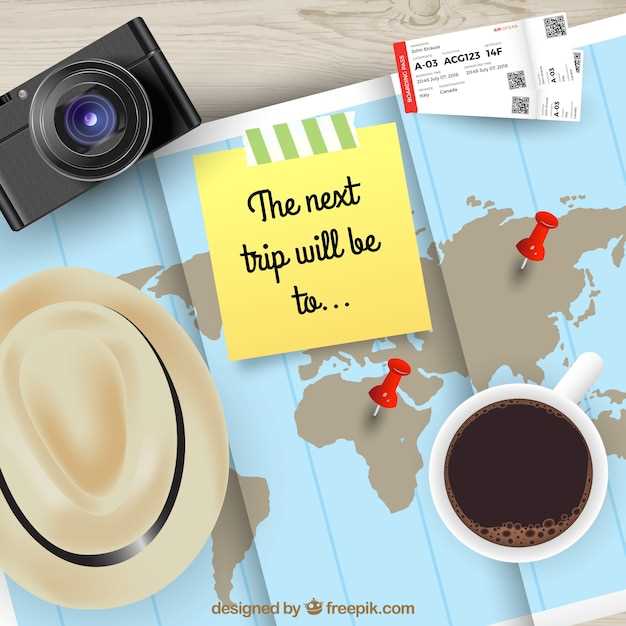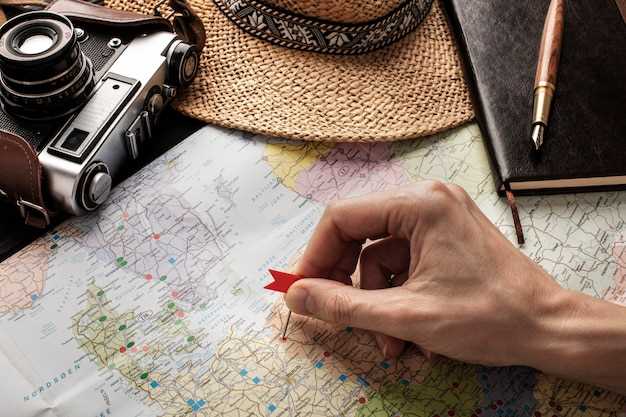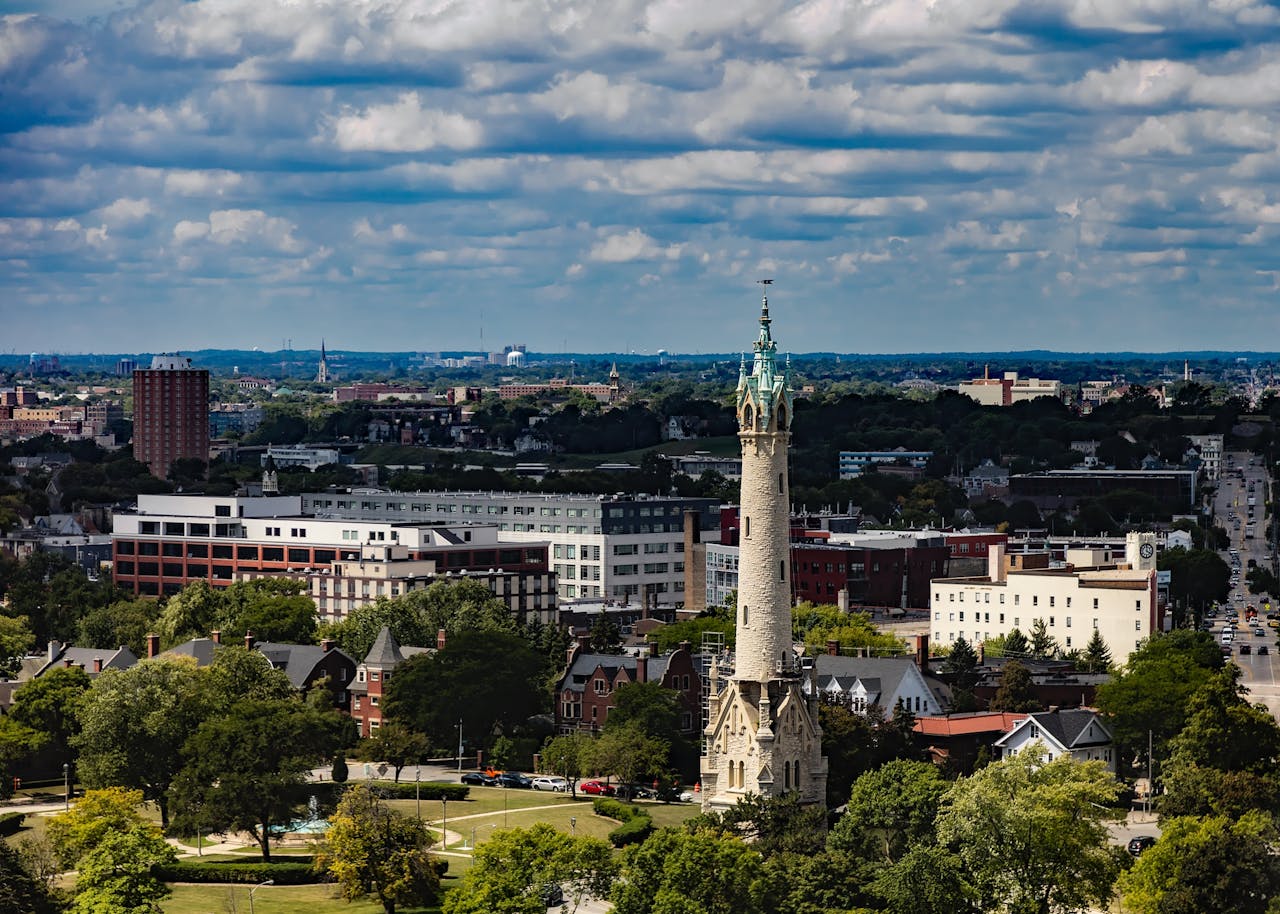
Planning a trip can often feel overwhelming with so many places to explore and different factors to consider. Finding the right location for your upcoming adventure requires balancing various elements, such as interests, budget, and timing. Each destination offers unique experiences, but not all of them will be the right fit for every traveler.
To make an informed decision, it’s important to think beyond just famous landmarks or popular trends. Exploring less obvious spots might open up a world of new possibilities. Understanding the environment, local culture, and what kind of experiences you’re after will guide you to a more fulfilling and enjoyable getaway.
Start by identifying your priorities–whether it’s relaxation, adventure, cultural immersion, or a combination of all. Each place has something special to offer, and knowing what excites you most will help narrow down the options. With the right approach, your next adventure could become one of your most memorable journeys yet.
How to Match Your Interests with Destinations

When selecting a location for a getaway, it’s crucial to consider what truly excites you. Whether you seek adventure, relaxation, culture, or nature, different places around the world cater to varying preferences. Understanding what drives your passion can help narrow down options and make the experience more fulfilling.
If you love outdoor activities, areas known for hiking, skiing, or exploring natural landscapes might be ideal. For those seeking a cultural experience, cities rich in history, art, and local traditions will provide endless opportunities to immerse yourself in new worlds. Alternatively, if relaxation is the priority, serene beaches or peaceful countryside retreats offer the perfect escape.
Another approach is to reflect on hobbies or interests that you’d like to explore further. For example, food lovers may gravitate toward destinations famous for their culinary scene, while photography enthusiasts might prefer locations with striking landscapes or unique architecture. Matching a location to personal passions ensures a more enjoyable and meaningful experience throughout the journey.
Evaluating Budget-Friendly Travel Options
When considering an adventure, financial constraints often play a significant role in planning. Exploring different locations doesn’t have to break the bank, as there are numerous strategies to identify affordable journeys that align with one’s preferences and spending limits. The key is balancing cost-effective choices without compromising on quality experiences.
Transportation is one of the primary expenses, so being flexible with dates, opting for alternate routes, or booking in advance can result in significant savings. Low-cost carriers or train travel may offer affordable solutions, depending on the region. Additionally, local transport options like buses or shared rides can be an economical alternative to renting a car or using taxis.
Accommodation is another area where careful planning can make a difference. Consider staying in hostels, guesthouses, or even vacation rentals, which are often less expensive than hotels. Another great option is to explore homestay programs or platforms that connect travelers with locals, providing unique insights while also reducing lodging costs.
Seasonality also plays an important role. Traveling during off-peak months not only avoids crowded tourist spots but can also lower accommodation and attraction prices. Researching less popular destinations can provide a rich experience while keeping expenditures low.
Finally, look into local dining options. Instead of eating at tourist hotspots, try local markets, street food, or small family-run restaurants. These alternatives often provide authentic culinary experiences at a fraction of the price.
Seasonal Considerations for Travel Planning
When organizing a getaway, timing can significantly impact both the experience and costs involved. Different seasons bring unique weather patterns, local events, and crowd levels that can either enhance or detract from a trip. Understanding how seasons influence various locations is key to making informed decisions.
For warmer months, many prefer beachside retreats or exploring nature in temperate climates, where pleasant weather invites outdoor activities. However, these popular periods often bring crowds and higher prices. Conversely, traveling during colder months might offer quieter, more affordable options but could limit certain activities, especially those dependent on good weather.
Off-season travel, typically outside of school holidays or major holidays, often brings lower accommodation rates and fewer tourists. This can be ideal for those seeking a more relaxed experience but requires careful research into potential weather conditions and availability of services.
Special events or festivals also influence travel choices. Popular festivals, whether they are cultural, musical, or sporting, often attract many visitors, making early bookings essential. On the other hand, avoiding these peak periods might allow for a more peaceful visit at a lower cost.
How to Discover Hidden Gems Around the World
Exploring lesser-known places can provide some of the most rewarding experiences. These hidden gems, often off the beaten path, offer unique cultural insights, breathtaking landscapes, and fewer crowds. Finding them requires curiosity, research, and sometimes a willingness to step outside the typical tourist trail.
One of the best ways to uncover these secret spots is by seeking local recommendations. Talking to residents or following regional blogs can reveal places that aren’t listed in mainstream travel guides. Social media platforms, particularly those dedicated to adventure or exploration, often feature hidden gems shared by fellow travelers who seek uncharted territories.
Another approach is to look for destinations that may not be as famous but still offer incredible attractions. Instead of opting for well-known landmarks, consider nearby towns or villages with historical sites, stunning nature, or unique cultural practices. Sometimes, smaller towns with local charm provide a more authentic and intimate experience.
Lastly, flexibility in planning can open doors to unexpected discoveries. Traveling during off-peak times can make it easier to access hidden treasures without the pressure of large crowds, and it may also offer better deals on accommodation and activities.
Understanding Local Culture Before You Go
Experiencing a new place goes beyond its attractions and landmarks; it involves connecting with the people and their way of life. Gaining insight into local customs, traditions, and everyday practices can enhance one’s journey and ensure respectful interactions. Familiarizing oneself with cultural nuances before arriving can lead to a more immersive and fulfilling experience.
Researching the region’s history, social norms, and etiquette can provide a deeper understanding of its people. This might include knowing appropriate gestures, greetings, or dress codes, which can vary significantly from one culture to another. Being aware of these details not only helps avoid misunderstandings but also shows respect for the local way of life.
In addition, learning about local festivals, music, art, or cuisine can prepare you for the kinds of experiences that await. Participating in cultural activities or even visiting lesser-known sites related to traditions can enrich the experience and offer a unique perspective that most tourists miss.
Engaging with locals before the trip, whether through online forums or social media, can provide valuable insights. These interactions often reveal hidden gems, lesser-known customs, and tips that make the journey even more special.
Prioritizing Safety and Health During Trips
Ensuring well-being throughout a journey is essential for making it both enjoyable and memorable. Whether exploring bustling cities or remote villages, taking steps to stay safe and healthy allows one to focus on the experience rather than unexpected setbacks. Preparation and awareness are key to preventing issues before they arise.
Health precautions should always be a priority. Depending on the location, certain vaccinations or medications may be necessary. It’s advisable to consult a healthcare professional well before the trip to ensure all health requirements are met. Carrying a basic medical kit, including necessary prescriptions, hand sanitizers, and allergy medications, can be helpful in case of emergencies.
Equally important is personal safety. Researching the safety levels of the area, staying updated on local news, and knowing emergency contacts can provide peace of mind. Avoiding risky areas, especially after dark, and securing valuables are simple yet effective measures. Utilizing trusted transportation options and avoiding isolated paths can reduce the likelihood of accidents or unwanted incidents.
Lastly, staying informed about local health risks–such as water quality or insect-borne diseases–is essential. Drinking bottled or purified water, using insect repellent, and practicing good hygiene can prevent many common illnesses and ensure a smooth, worry-free trip.

